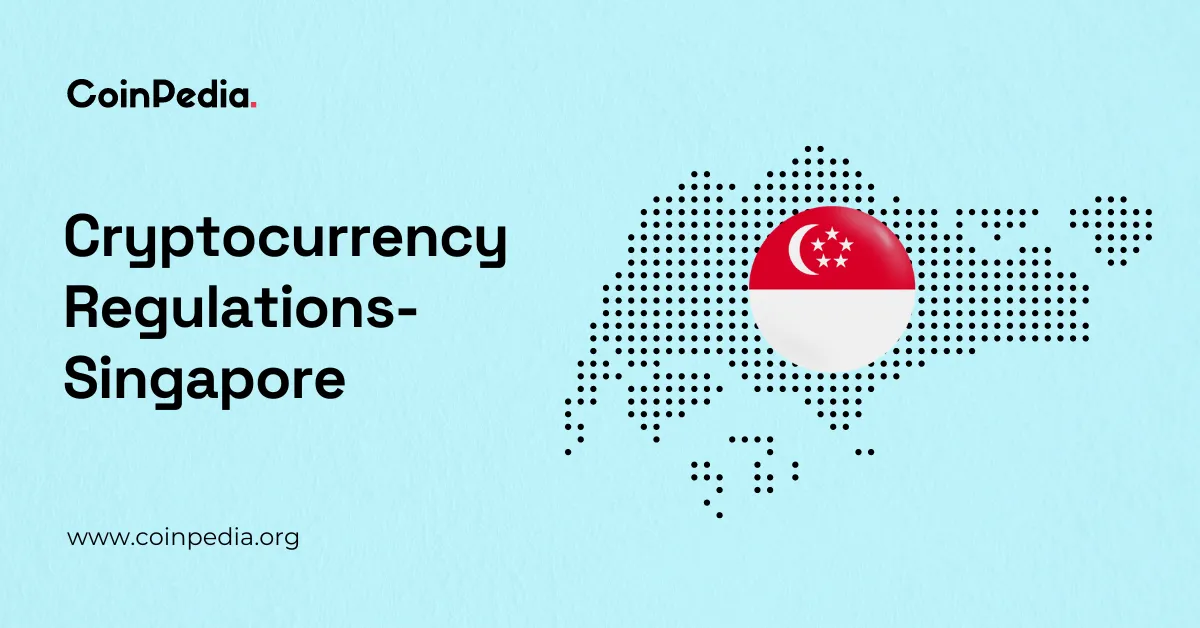
In 2025, Singapore continues to be a leading hub for cryptocurrency with a robust regulatory framework. Its digital asset innovation is guided by a proactive and evolving regulatory framework to enhance the rules and regulations of crypto.
Currently, Singapore is tightening its hold on security and transparency to curb money laundering. The new regulations also intend to enhance investors’ confidence in the crypto market.
June 30, 2025- FMSA License
June 6, 2025– Monetary Authority Of Singapore (MAS):
Stablecoin Regulation in 2025:
Updates stricter marketing and promotion rules:
| AREA | REQUIREMENT/ CHANGE |
| Licensing | Mandatory for all DPT providers under PS Act |
| AML/CFT | Enhanced due diligence, monitoring, and reporting |
| Consumer protection | Safeguards of assets, audit functions, and restrictions on retail lending |
| Stablecoins | Regulated issuance, ‘MAS-regulated’ |
| Marketing | Risk disclosure required |
| Taxation | GST exemption |
| Cross-border services | Overseas providers must comply with Singapore’s regulations |
Monetary Authority of Singapore (MAS): Serves as the country’s central bank and integral financial regulator. It oversees licensing businesses that provide “digital payment tokens”, such as crypto exchanges and digital wallet providers.
MAS enforces anti-money laundering (AML), counter-terrorist financing (CFT), and KYC standards for crypto investors. It prohibits misleading tactics, protecting the users from crypto fraud.
| CRITERIA | VALUE IN 2025 |
| Crypto adoption rate (ownership) | 29% |
| Crypto adoption rate in 2024 | 40% |
| Public awareness of crypto | 94% |
| Most popular cryptos (among investors) | Bitcoin 68% & Ethereum 48% |
| Investors holdings > 1 type of crypto | 79% |
| Investors confident in mainstream adoption | 57% |
| Singapore’s global crypto ownership rank | 2nd |
| Singapore’s crypto-friendly city rank | 4th |
Nearly half of crypto users in Singapore exited the market in 2025. Among them, 67% made significant profits from selling their holdings. The Singaporean government recognizes the potential of cryptocurrency and other digital assets but continues to prioritize consumer protection and financial stability. Authorities have repeatedly advised investors to exercise caution when entering the market.
Yes, Singapore is widely considered a highly crypto-friendly country in 2025. It boasts a robust, evolving regulatory framework, no capital gains tax on personal crypto investments, and a thriving blockchain ecosystem. The Monetary Authority of Singapore (MAS) actively supports crypto innovation while prioritizing consumer protection and financial stability.
For individual investors, Singapore imposes no capital gains tax on profits from selling or trading cryptocurrencies. However, if you trade crypto as a business or receive it as payment for goods/services, it’s subject to standard income tax. Generally, buying/selling crypto is exempt from Goods and Services Tax (GST), but an 8% GST applies to transaction fees.
The Monetary Authority of Singapore (MAS) is the primary government body responsible for overseeing and regulating crypto operations in Singapore. As the country’s central bank and integral financial regulator, MAS issues licenses for Digital Payment Token (DPT) service providers, enforces AML/CFT standards, and sets rules for stablecoins and consumer protection.
Metaplanet CEO Simon Gerovich has directly addressed anonymous claims that the company hid Bitcoin purchases,…
U.S. Senator Cynthia Lummis has called on the Treasury Department to consider using America’s gold…
Bitcoin’s mining difficulty jumped roughly 15% to a new all‑time high of about 144.4 trillion,…
Pi Network's open mainnet just turned one. From exchange listings and protocol upgrades to over…
Story Highlights Pi Coin Live Price is Price prediction for 2026 targets $0.85, with potential…
While the broader crypto market remains range-bound and selective, SUI is stabilizing near $0.94, quietly…